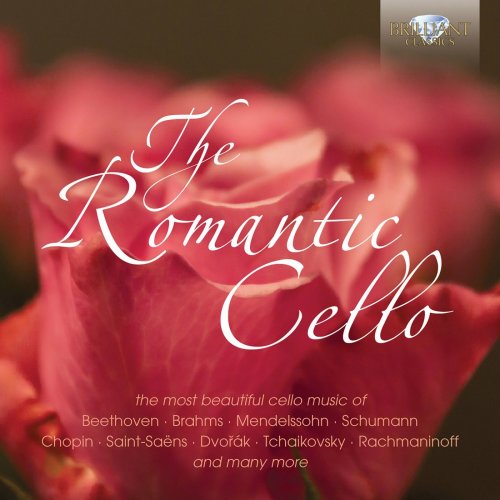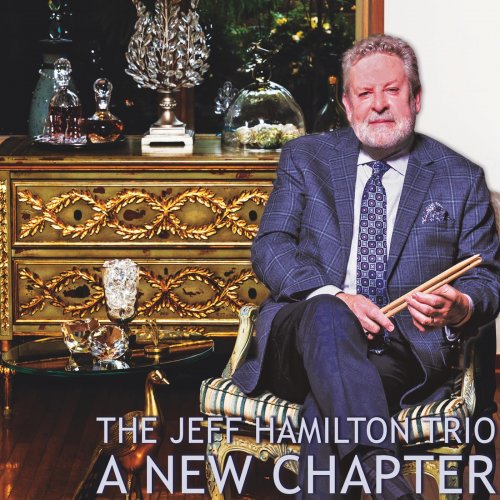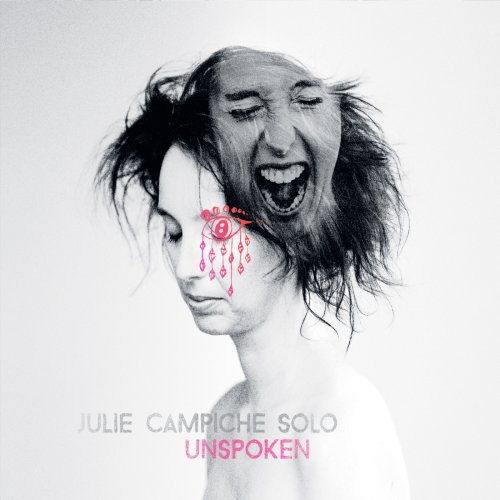Zara Nelsova, Julius Berger, Timora Rosler, Luca Fiorentini, Herre-Jan Stegenga, Alexander Russakovsky & Wladislav Warenberg - The Romantic Cello (2015)

Artist: Zara Nelsova, Julius Berger, Timora Rosler, Luca Fiorentini, Herre-Jan Stegenga, Alexander Russakovsky, Wladislav Warenberg
Title: The Romantic Cello
Year Of Release: 2015
Label: Brilliant Classics
Genre: Classical
Quality: flac lossless
Total Time: 05:26:51
Total Size: 1.39 gb
WebSite: Album Preview
TracklistTitle: The Romantic Cello
Year Of Release: 2015
Label: Brilliant Classics
Genre: Classical
Quality: flac lossless
Total Time: 05:26:51
Total Size: 1.39 gb
WebSite: Album Preview
01. Cello Concerto in B Minor, Op. 104: I. Allegro
02. Cello Concerto in B Minor, Op. 104: II. Adagio ma non troppo
03. Cello Concerto in B Minor, Op. 104: III. Finale, allegro moderato
04. From the Bohemian Forest, Op. 68: V. Silent Woods
05. Rondo in G Minor for Cello & Orchestra, Op. 94
06. Cello Concerto in A Minor, Op. 129: I. Nicht zu schnell
07. Cello Concerto in A Minor, Op. 129: II. Langsam
08. Cello Concerto in A Minor, Op. 129: III. Sehr lebhaft
09. Cello Concerto in A Minor, Op. 33: I. Allegro non troppo-II. Attaca. Allegretto con moto-III. Tempo I
10. Élégie, Op. 24
11. Kol Nidrei, Adagio for Cello and Orchestra, Op. 47
12. Variations on a Rococo Theme, Op. 33
13. Cello Sonata in A Major, Op. 69: I. Allegro ma non tanto
14. Cello Sonata in A Major, Op. 69: II. Scherzo. Allegro molto
15. Cello Sonata in A Major, Op. 69: III. Adagio cantabile – Allegro vivace
16. Cello Sonata No. 1 in B-Flat Major, Op. 45: I. Allegro vivace
17. Cello Sonata No. 1 in B-Flat Major, Op. 45: II. Andante
18. Cello Sonata No. 1 in B-Flat Major, Op. 45: III. Allegro assai
19. Cello Sonata No. 1 in E Minor, Op. 38: I. Allegro non troppo
20. Cello Sonata No. 1 in E Minor, Op. 38: II. Allegretto quasi menuetto
21. Cello Sonata No. 1 in E Minor, Op. 38: III. Allegro
22. Cello Sonata in G Minor, Op. 65: I. Allegro moderato
23. Cello Sonata in G Minor, Op. 65: II. Scherzo. Allegro con brio
24. Cello Sonata in G Minor, Op. 65: III. Largo
25. Cello Sonata in G Minor, Op. 65: IV. Finale. Allegro
26. Cello Sonata in G Minor, Op. 19: I. Lento-Allegro moderato
27. Cello Sonata in G Minor, Op. 19: II. Allegro scherzando
28. Cello Sonata in G Minor, Op. 19: III. Andante
29. Cello Sonata in G Minor, Op. 19: IV. Allegro mosso
30. The Carnival Of The Animals: XIII. The Swan
31. Goyescas, Act 1: Intermezzo
32. Fantasiestücke, Op. 73: I. Zart und mit Ausdruck
33. Fantasiestücke, Op. 73: II. Lebhaft, leicht
34. Fantasiestücke, Op. 73: III. Rasch und mit Feuer
35. 14 Romances, Op. 34: XIV. Vocalise
36. Pezzo capriccioso in B Minor, Op. 62 (Andante con moto)
37. The Golden Cockerel, Act 2: II. Hymn to the Sun
38. 6 Pieces, Op. 51: VI. Valse sentimentale in F Minor tempo di valse
39. Introduction and Polonaise brillante in C Major, Op. 3
40. Seven Spanish Folksongs: I. El paño moruno
41. Seven Spanish Folksongs: II. Nana
42. Seven Spanish Folksongs: III. Canción
43. Seven Spanish Folksongs: IV. Polo
44. Seven Spanish Folksongs: V. Asturiana
45. Seven Spanish Folksongs: VI. Jota
46. Cello Sonata, L. 135: I. Prologue. Lent
47. Cello Sonata, L. 135: II. Sérénade. Modérément animé
48. Cello Sonata, L. 135: III. Finale. Animé
This invaluable survey of that most Romantic of instruments includes both the classic concertos of the era, by Dvořák and Saint-Saëns, as well as a generous selection of encores and showpieces, performed by a variety of cellists from this and earlier generations. Including Zara Nelsova, in whose classic interpretation of the Dvořák one may readily hear the admiration evinced by the composer's friend Brahms who, on hearing the work, remarked that he would have composed a concerto for the instrument himself had he realised the possibilities inherent in a combination that may present certain problems of balance, pitting the mellow voice of the solo instrument against a full orchestra, but that yet may be overcome through a sensitive songfulness that came beautifully and naturally to Dvořák. Brahms, of course, can be considered to have made good his omission with the late flowering of the Double Concerto. His expansive E minor Sonata is here, alongside the deft turns of Mendelssohn's first sonata (in a performance by Luca Fiorentini on a rare Strad cello), as well as more lyrical sonatas by Chopin and Rachmaninoff, treasured by cellists for their juicy melodies and the opportunity to engage with the idioms of composers who largely wrote for the piano. The last disc opens with perhaps the most famous of all cello encores, The Swan, from Saint-Saëns's Carnival of the Animals, which seems perfectly to capture the potential both for melancholy and for imitation of the human voice which places the cello alone among the string family.
![Meinild/Anderskov/Tom - Spectral Entanglements (2023) [Hi-Res] Meinild/Anderskov/Tom - Spectral Entanglements (2023) [Hi-Res]](https://www.dibpic.com/uploads/posts/2026-02/1771491474_hl116k2q9n24a_600.jpg)
![The Messthetics & James Brandon Lewis - Deface The Currency (2026) [Hi-Res] The Messthetics & James Brandon Lewis - Deface The Currency (2026) [Hi-Res]](https://www.dibpic.com/uploads/posts/2026-02/1771424652_1.jpg)
![Tom Oren - Dark Lights (2026) [Hi-Res] Tom Oren - Dark Lights (2026) [Hi-Res]](https://www.dibpic.com/uploads/posts/2026-02/1771427884_tdqtmzk78zgcb_600.jpg)



![The Three Seas - Antaḥkaraṇa (2026) [Hi-Res] The Three Seas - Antaḥkaraṇa (2026) [Hi-Res]](https://img.israbox.com/img/2026-02/19/uhghtg21m4gkq8nt8lyl1f5dq.jpg)
![Meg Okura - Isaiah (2026) [Hi-Res] Meg Okura - Isaiah (2026) [Hi-Res]](https://www.dibpic.com/uploads/posts/2026-02/1771428622_a0886412943_10.jpg)
![Anna Kolchina - Reach for Tomorrow (2026) [Hi-Res] Anna Kolchina - Reach for Tomorrow (2026) [Hi-Res]](https://img.israbox.com/img/2026-02/19/quc4em3qn6fgke1rwewkbdxg5.jpg)